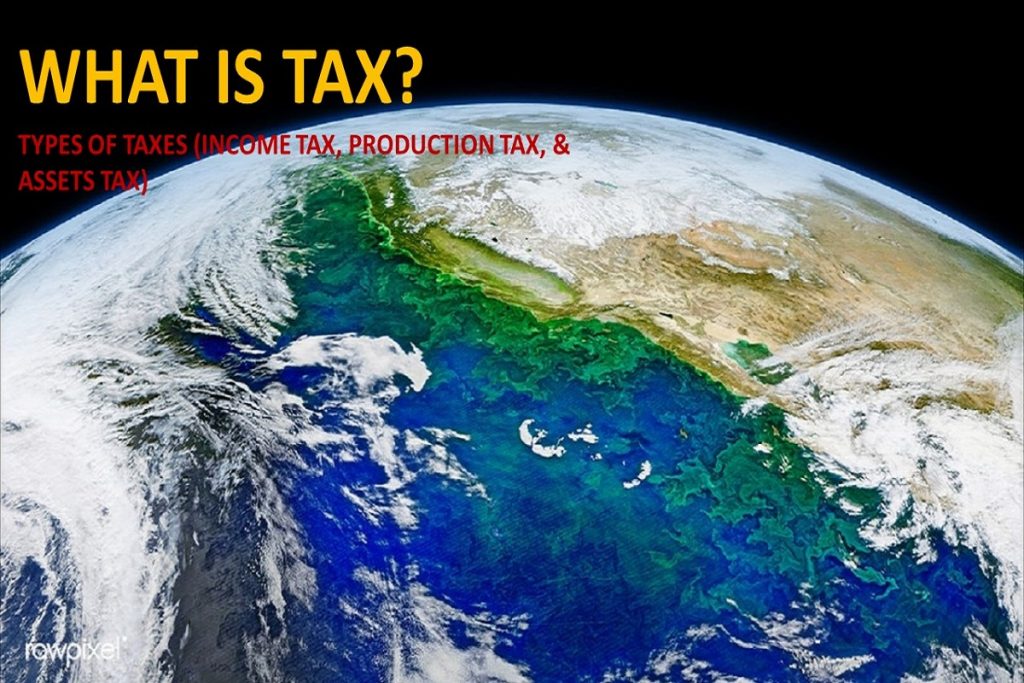Definition
The word tax has its origin in the Latin term impositus. The concept refers to the tax that is recognized, and it’s required according to the economic capacity of those who are not relieved from paying it.
The guerrilla or terrorist groups, on the other hand, usually talk about the revolutionary taxes to refer to a system that allows gaining financing through extortion and threats.
It has the particularity of not being based on a certain or direct consideration by the claimant. Its objective is to finance the expenses of the creditor, which is generally the State.

The taxpaying capacity means that those who possess higher taxes must be paid. However, this is not always true, since other causes are regularly prioritized: the increase in collection, the dissuasion of buying a certain product, the promotion of certain economic activities, etc.
Among the essentials of a tax, appear the assessable occasion (the situation that persuades the expenditure commitment rendering to the law), the duty rate (the extent that must be connected by the duty base to set up the computation of the expense).
Tax Rate
The tax rate (the sum relating to the tax) and the duty obligation (the significance of lessening the amount with origins or expanding with additional charges).
According to the economist Bielsa, the taxes consist of that part of the wealth that the State establishes and demands from taxpayers whose objective is to raise funds to use them in public expenditures.
On the other hand, Fleiner expresses that they are benefits that the State and certain Public Law entities demand from citizens to satisfy their economic needs.
The first classification of it establishes that there is a direct tax when the economic situation is evaluated, as it happens with the patrimony or the rents, and an indirect one when what is taxed and conditioned is the consumption or the expenses made in a certain period. This classification is made taking into account who is responsible for the tax and is the most used.
There is a second taxonomy, in comparative (the fee is established in a fixed percentage, such as VAT or territory tax), regressive (as the value subject to it increases, a decreasing rate is established) and progressive (the rate varies, growing or decreasing in relation to the increase or decrease of the taxable amount, the inheritance or the complementary global tax, for example).
List of some taxes
There are taxes on various activities; all of them are cited in the National Constitution of each country. Some taxes can be:
Income Tax:
It is applied to the income that has natural or legal persons, residing in the country or abroad. According to each country, the percentage payable varies, but it is a tax that is present in almost all nations with a capitalist regime.
Value added tax (VAT):
According to the activity carried out by each citizen and the profits received by it, he must pay a percentage to the taxes collection. In the constitution, the percentages are established according to each activity performed.
Taxes on production and services:
It is the one that applies to certain products, such as alcoholic beverages, tobacco, packaged waters. Also included in this type of taxes are the commission, agency, and consignment services that have been declared in the law.
Taxes on assets:
Those people who engage in such business must pay this taxes about goods that possess that can have a monetary value.
Also, there is a taxes on the possession of vehicles, provision of telephone services, and acquisition of real estate, among many others.
To finish, we will define a fundamental concept when talking about taxes, the tax credit. The tax credit is understood as all the money and assets that are linked to the tax law. The collection of certain taxes, such as the one printed on Income or Value Added, have the character of tax credits.


